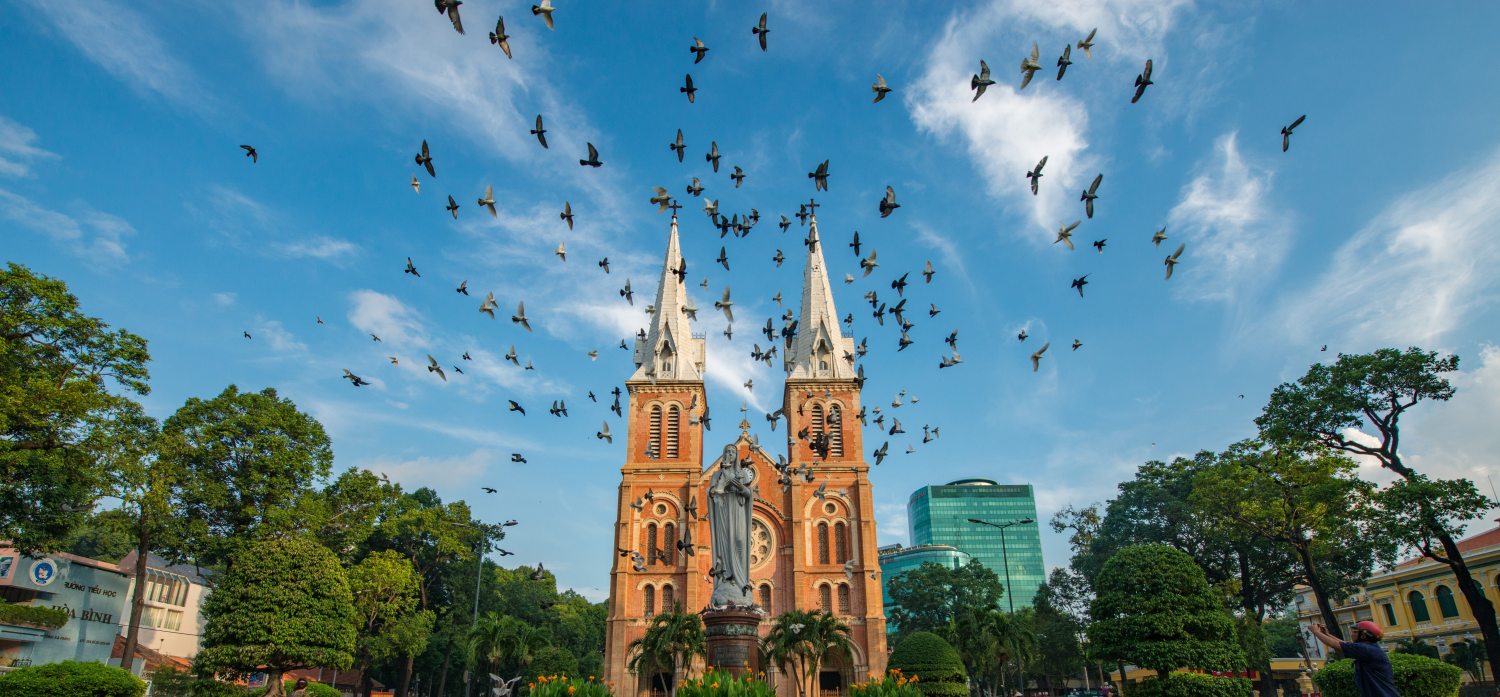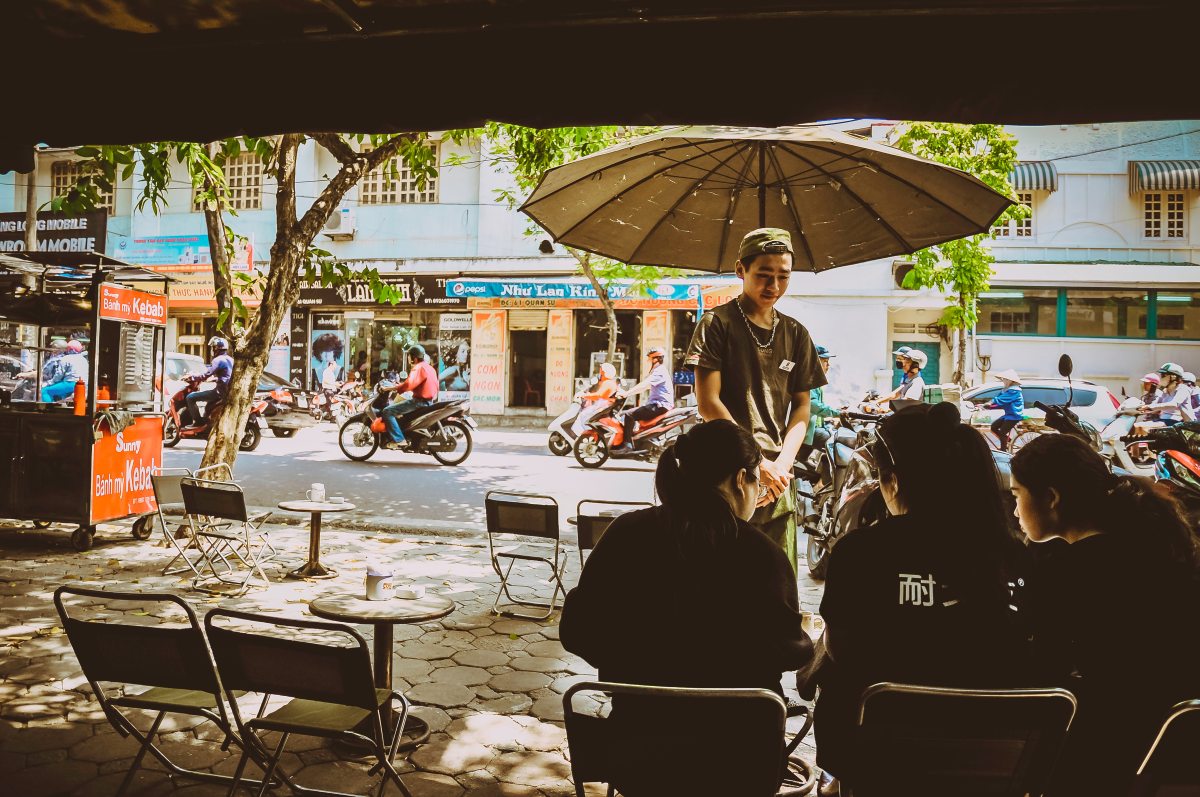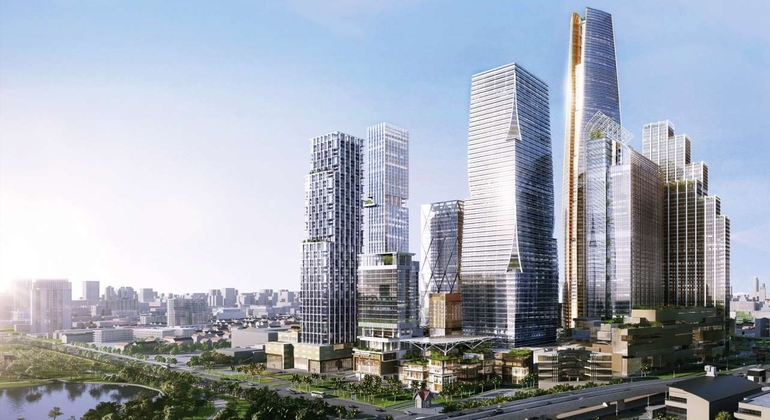Imagine a world where your ideal customers leave your property thrilled, return home and recommend you to all their friends and who thinks of you immediately when it’s time to book their next vacation. Sound too good to be true? It’s not.
Give your customers what they want online, make them feel important, leave a great impression of your brand, and they’ll spread the word to friends and family.
Your website is more than a pretty place to drop your logo and testimonials – at least, it should be. It has the potential to be your primary business development channel. Stay with me and I’ll share how you can take your site from place-filler to place-to-be.

First, a hard, cold dose of reality: more than half of website visits are made by bots, and a third of the money you pump into online ads goes to fraudulent companies lying about their statistics. Furthermore, half of online ad impressions in 2016 were never seen by human eyes, and – despite all this proven data – Expedia and Priceline still spend over US$8 billion a year in advertising.
Are you scandalised yet?
How are you supposed to develop your online business in these circumstances? The answer is that you need a trusted guide to navigate the myriad challenges and complex landscape of digital.
Fortunately, there are simple things you can do to reduce the complexity and realise the full potential of your website. The first, and most basic, is to make sure you and your visitors are secure from hackers by installing an SSL if you haven’t already. An SSL certificate ensures the safety of your most important asset – your guests. Without one, don’t even think about asking for the personal details or credit card information you need to maximise the potential of your site as a sales portal.
Second, your most important asset, after your guests, are your website visitors. They are already interested in your brand, but are you doing everything in your power to capture their direct engagement and convert them? My second suggestion is a strong conversion rate optimisation, or CRO, plan to get the most from your site visitors – ultimately turning them into guests and long-term advocates.
The third, and perhaps most important, thing is reading, understanding and harnessing the power of your own statistics and numbers. Accurate reporting of the right data is critical to pinpointing performance flaws and identifying opportunities.
Lastly is something that many business owners don’t like to hear: you must consider high-quality SEO services as a long-term strategic investment. If it helps, think of SEO and PPC as two equal line items in your traffic budget, one ushers in traffic organically while the other delivers traffic you’ve paid for with each click. In the end, SEO may prove the better investment, you pay for it once and the impact is long term. In the long-run, this expenditure will pay off for your business.
Playing with the big boys
Online travel agencies, or OTAs, are here to stay and have become the singular selling strategy for many brands. The services they offer to consumers are indisputable: a wide array of options, convenience, brand recognition, and competitive prices are among them. But they don’t have to own the guest experience.
By building a direct relationship with your guests – one that gives them a monetary and emotional reason to go to your site directly – you can bypass the big boys.
Begin by offering a best-price guarantee or other benefit for direct booking. Depending on the personality of your property, that could be an upgraded breakfast, a bottle of wine in the room on arrival, or a free 30-minute cooking course. Offer them rewards for coming directly to you rather than one of the big-name booking sites.
Next, develop a customer-relationship management, or CRM, strategy that starts the moment one of the internet’s 4.2 billion users lands on your site. Do you have a game plan for mobilising engagement through your site; a way of ensuring the visitor experience is positive; and a plan for developing a long-term relationship with your new visitor? Without these, you can’t maximise the monetary potential of your site.
Finally, once you’ve pulled your site visitor in via your website and they’ve tried your property, incentivise future bookings from guests’ friends and family through your site via post-visit contact. Offer a future free night for a referral or discounted packages for birthdays and anniversaries – anything that works for your property.
In the long-term, your marketing and revenue teams will need to learn and develop new skills to manage and maximise the ever-changing and growing online travel market.
But you probably also need expert help in the fields of SEO, CRM, CRO, and data analysis. What are the most challenging parts of your online business? Drop me a line at brian.anderson@quo-global.com and I’ll see how we can help you. You can also give me a call on +66 2260 9494 ext. 128.






